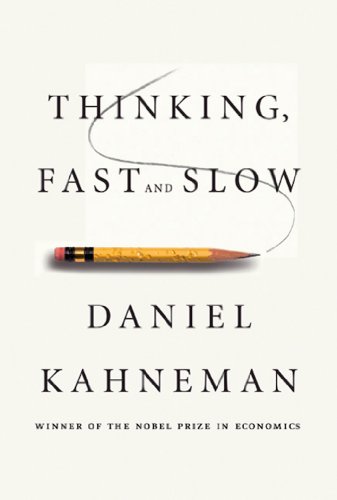

This article is an excerpt from the Shortform summary of "Thinking, Fast and Slow" by Daniel Kahneman. Shortform has the world's best summaries of books you should be reading.
Like this article? Sign up for a free trial here .
What are framing effects in psychology? How do framing effects affect decision making?
The framing effect is a cognitive bias in which people make decisions based on whether the options are “framed,” or presented, as losses or gains. An outcome presented as a gain is much more favorable as the same outcome framed as a loss.
We’ll cover how framing effects impact your decision making and look at framing effect examples.
The Power of Framing Effects
The context in which a decision is made makes a big difference in the emotions that are invoked and the ultimate decision. In particular, even though a gain can be logically equivalently defined as a loss, because losses are so much more painful, the decisions may be contradictory.
Consider how enthusiastic you are about each opportunity:
- A 10% chance to win $100, and a 90% chance to lose $5.
- Buying a $5 raffle ticket that gives you a 10% chance to win $105 and a 90% chance of winning nothing.
These are logically identical situations – yet the latter opportunity is much more attractive! Loss aversion is at play here again. Losses are more painful than uncaptured gains. This is the framing effect.
Even though framing makes a large difference, most of us accept problems as they are framed, without considering alternative framings. We succumb to the framing effect.
Framing Effect Example: Vaccines
Consider two framings of two vaccine programs that can save 600 people affected by a virus:
- Program A will save 200 people. Program B has ⅓ chance of saving 600 and ⅔ chance of saving none.
- Program A will leave 400 people dead. Program B has ⅓ chance that nobody will die, and ⅔ chance that 600 will die.
Per prospect theory and framing effect in psychology, you can predict that people prefer A in the first set and B in the second set. But again, these framings are logically equivalent.
Framing Effect Example: Gas Mileage
Consider which is better for the environment:
- Adam switches from a car with 12mpg to a car with 14mpg.
- Barry switches from a car with 30mpg to a car with 40mpg.
Barry’s move looks like a bigger jump (10mpg and 33% jump) but this is deceptive. If they both drive the same distance in a year, Adam will use 119 fewer gallons of gas, whereas Beth will cut her use by only 83 gallons. Rather than miles per gallon, the real metric that matters is gallons per mile, which inverts the mpg, and differences in fractions are less intuitive.
For an extreme, consider going from 1mpg to 2mpg vs 100mpg to 200mpg. Over 1000 miles, the former will save 500 gallons; the latter, only 5!
More Examples: The Framing Effect
Here are more examples of how framing leads to distorted interpretations:
- A medical procedure with a 90% chance of survival sounds more appealing than one with a 10% chance of mortality.
- If the real price of a good is $20, then selling it as $10 off a $30 good sounds better than a $5 surcharge to a $15 good.
- In a sports game, saying something like “the Patriots lost” evokes different feelings than “the Rams won,” even though these two are logically equivalent.
- For organ donors, changing from an opt-in to an opt-out can increase donation rates from 10% to 90%. When action is required to overcome the default, a lazy System 2 finds it easier to follow the default.
Even experts like doctors and public health officials suffer from the same framing biases. Even more troubling, when presented with the inconsistency, people cannot explain the moral basis for their decisions. System 1 used a simple rule—saving lives is good, deaths are bad—but System 2 has no moral rule to easily solve the question.
———End of Preview———

Like what you just read? Read the rest of the world's best summary of "Thinking, Fast and Slow" at Shortform . Learn the book's critical concepts in 20 minutes or less .
Here's what you'll find in our full Thinking, Fast and Slow summary :
- Why we get easily fooled when we're stressed and preoccupied
- Why we tend to overestimate the likelihood of good things happening (like the lottery)
- How to protect yourself from making bad decisions and from scam artists







Framing Effect Example: Gas Mileage. Adam,Barry, but where does Beth suddenly appear from, and by anyone’s logic 400mpg is better than 2mpg.